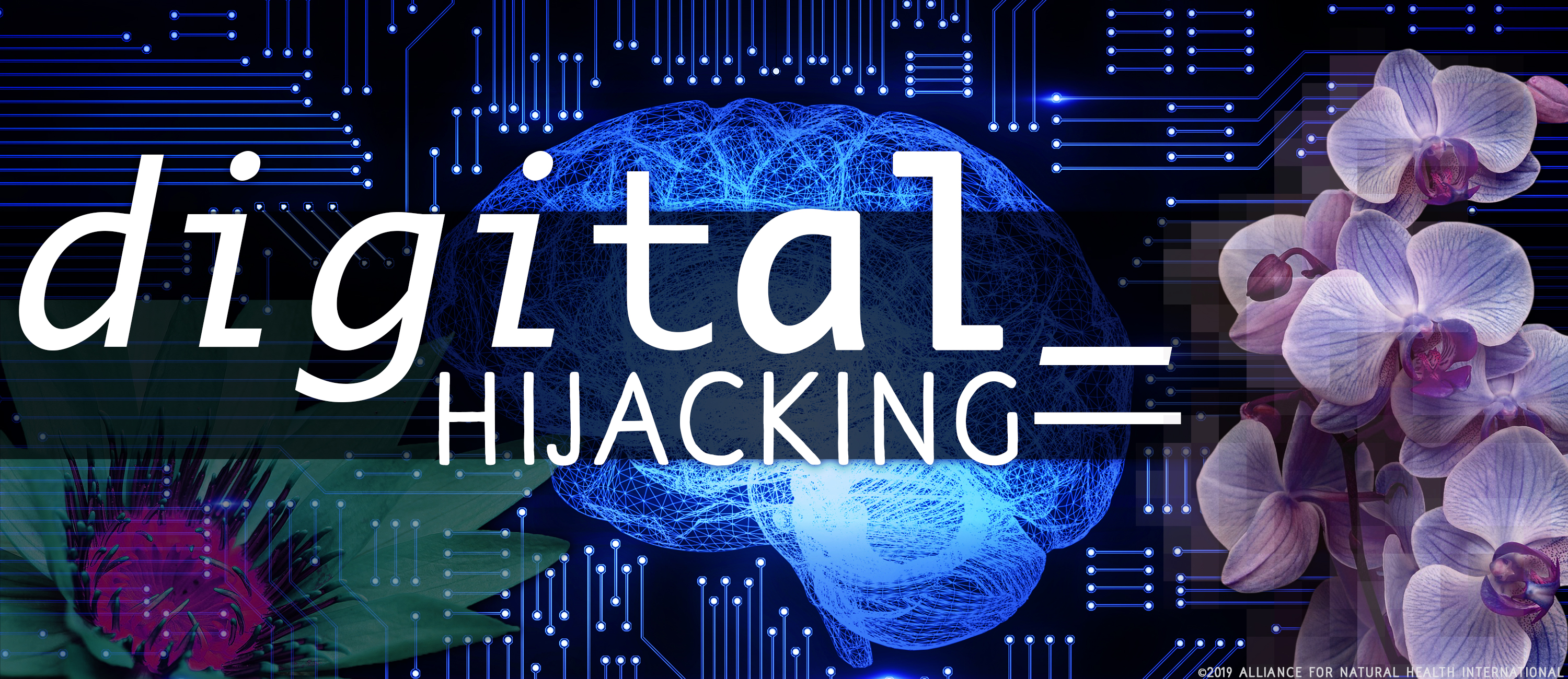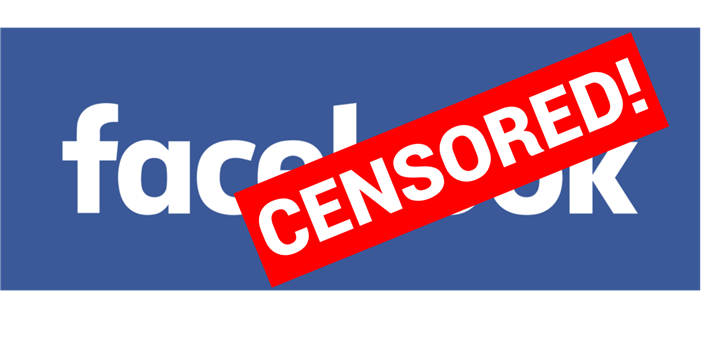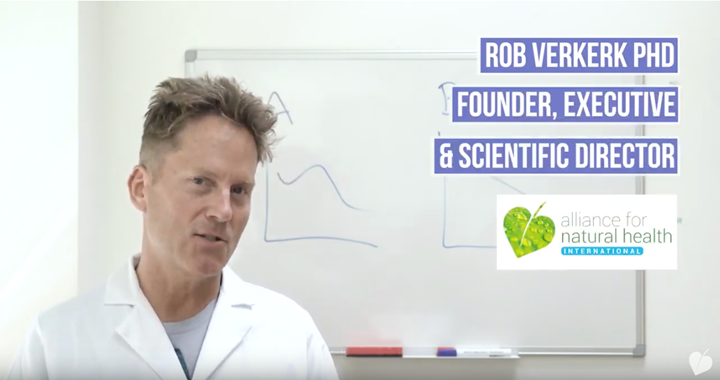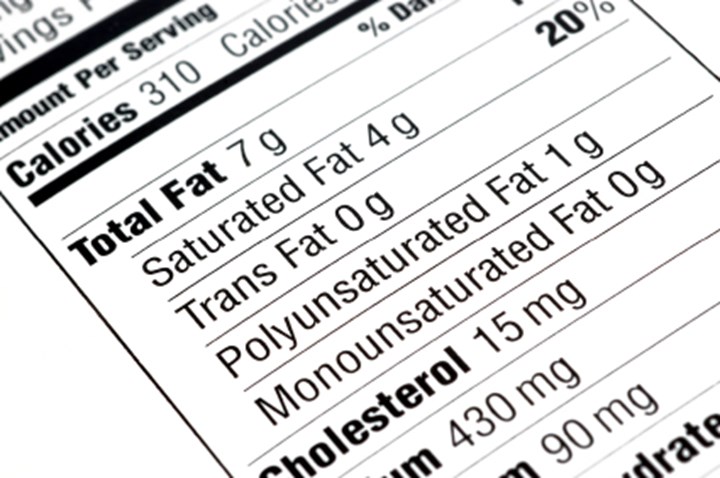Content Sections
Are you connected? Of course. You wouldn’t have read this if you weren’t. Our adaptation to digital tech has become second nature to so many of us now that we don’t even have to remind people ‘connection’ is synonymous with electronic or digital connection.
But, it seems, all this ‘connection’ is actually spawning a problem it originally sought to resolve; social connection. A study published last year by researchers at the University of Pittsburg, involving nearly 2000 adults aged 19 to 32 years, found those who had the highest rates of social media use suffered a greater sense of social isolation than those with lowest usage.
We’ve also learned that social media can be manipulated to engender particular behaviours by the public. Two high profile examples which allowed the cat to emerge from its bag are the involvement of the Russian government or trolls in Donald Trump’s 2016 election and the possible manipulation of the UK’s EU referendum in the same year. In the case of the latter and in an appeal to any who might be concerned about erosion of the democratic process, there’s also the small matter of a likely breach of British electoral rules.
We must now accept that our perception of the world is becoming ever more filtered and censored by those with the tightest grip on social media. The pressing question forever hangs like the Sword of Damocles above the head of our tap-happy addiction: what is the real damage of screen exposure, and what does it mean for our children?
Who’s confused, ignorant or hiding something?
Many expectant or young parents have been waiting with bated breath to see what the UK’s esteemed Royal College of Pediatrics and Child Health (RCPCH) had to say about screen use in its new guidance. Well, how about that! Despite mounting evidence, the RCPCH has taken a decidedly vague backfoot on the harms of digital submersion for children. In its guidance it contends there’s any direct “toxic” effect and that harm is often “overstated”.
There’s no talk of longer-term effects, such as evidence of ‘brain thinning’ or loss of cognitive performance from excessive screen use among adolescents, something the Adolescent Brain Cognitive Development (ABCD) study has just revealed in the US.
The bottom line issued by the RCPCH is that parents should make up their own minds over how much screen time they feel is healthy for their children. There’s no real recommendation – or even minimum suggestion – that concerned parents could use for reference.
The ‘screens are actually OK for young children’ conclusion by the RCPCH gave the media a delicious headline to disseminate as widely as it could. Perhaps the cot made by Birmingham company Babeek resplendent with integrated iPad will now really fly…!
We all recognise the benefits of digital tech when used responsibly – including among children and adolescents.
Techies turn the tables on Big Tech
Fortunately, there is a movement that has emerged from the tech industry itself that is seeking to redress the balance.
Enter Tristan Harris and some of his Silicon Valley counter-revolutionaries.
An ex-Google employee with veteran experience in tech user psychology, Harris has raised the flag for Time Well Spent and his non-profit, the Center for Humane Technology. This is a US-based but inevitably international movement spearheading the exposure of insidious marketing techniques and a proposal for a brighter, more socially responsible use of the same technologies.
A partner organisation, Common Sense Media, offers unbiased guidance, advice and education for parents and children alike. In essence, we’re seeing the emergence of the necessary support system for those concerned about being victims of ‘brain hijacking’. This is typically mediated by special interests through algorithms concealed deep within the inner workings of particular digital technologies, platforms and media.
Listen to what Tristan Harris has to say on the subject below.
Far from the double-catch tricks employed by Big Tech to keep you wired in and trapped in a digital attention loop, these top engineers are working just as hard to break the chain. To invite conversation, education, curiosity and appreciation of nature back into our lives – and not just through the lens of the mobile camera.
Take digital action NOW!
- Avoid being a victim of digital hijacking - make 2019 your year of digital responsibility! Think of how often and for what reasons you, or maybe even a loved one, relies on digital technology? Of all those moments when ‘one more minute’ turned to 3 hours of scrolling down the same old feed; the time you perhaps could have spent on self-improvement, or deviceless relaxation? When did you last take a digital holiday?
- If you think you suffer from Internet or news addiction, you could try installing extensions, such as the Newsfeed Eradicator to completely free yourself of temptation. If you can’t stop going back to your Facebook feed, you might consider temporarily blocking yourself from the social media platform or others of its ilk. Perhaps at least until you’re ready to come back with a more restrained approach?
- Protect yourself – and any children in your care – against online bias and manipulation. Only use trusted, verified news sources – and more than one! There are many guides on how to avoid fake news and a good bit of personal research can never go amiss. Question what you read and where it’s coming from. Manipulation and censorship is rampant and may come from widely trusted sources such as Wikipedia. It may also come in the form of information purging on social media.
The Internet may be free, but it’s less and less safe from Big Tech’s often hidden agenda.








Comments
your voice counts
There are currently no comments on this post.
Your voice counts
We welcome your comments and are very interested in your point of view, but we ask that you keep them relevant to the article, that they be civil and without commercial links. All comments are moderated prior to being published. We reserve the right to edit or not publish comments that we consider abusive or offensive.
There is extra content here from a third party provider. You will be unable to see this content unless you agree to allow Content Cookies. Cookie Preferences